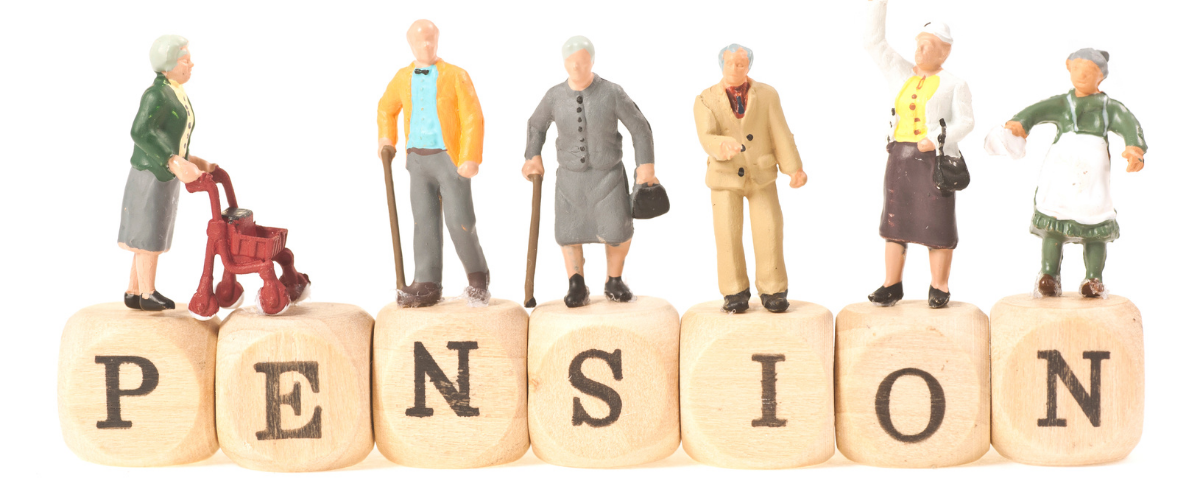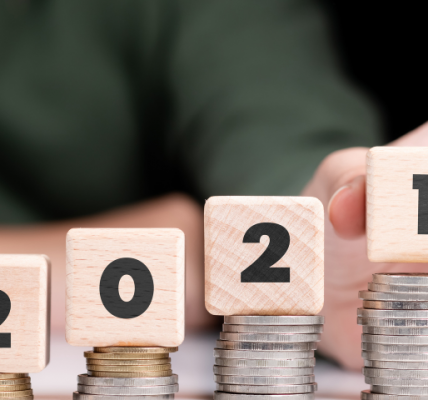A pension, or retirement savings plan, is a type of savings plan used by businesses and government organizations meant to be used after a person has retired. A pension typically provides a predictable stream of regular income in retirement, often based on a percentage of the person’s final income. Once retired, this income can be used to support medical expenses, enroll in a memory care community, or fulfill retirement dreams such as traveling. Pensions can also be used to supplement a person’s current income in retirement. The type of pension (retirement benefit, life insurance, etc.) and the level of income it provides are determined by the employer that set it up.
It’s always a good idea to track your pension if you are a responsible individual who wants to get the most out of your hard-earned money. To track your retirement, you need to be able to check up on what it is invested in, how much you have paid into it, how much you’ve got coming back, and whether you are earning your money back or if you are spending more than you have. If you want to know what your pension is worth, you will need to know how much you have contributed and when you had to make your contributions to make sure you will have enough money to live on when you are old. If you want to know how this money has grown, you will need to know when you made your contributions and how this money has been invested in stocks and bonds. If you want to know how much you might have in your account when you retire, you can use a ROTH IRA calculator or something similar. Calculating your savings like this can put you in a better position later in life.
When it comes to tracking your pension, you will find a number of different methods you can use. You can use the information on your pension statement in particular, but this can be a bit daunting since the information on the statement is often difficult to understand. You could also use the information on your payslip, but this may not be completely useful, as you may be paid in different ways and have many options.
You will find that the information on your payslip is also useful, as it will give you the date of your retirement and the date you started drawing your pension. Keeping this information in a spreadsheet, you can then use this information to determine when your pension was last paid. If you have a pension, chances are you are already paying for it in some way or another. Some of the most common methods are through a monthly subscription-based service, direct investment, or buying an annuity. All of these methods carry some sort of fee, which can quickly eat into your investments.
Importance of Pensions
A pension is an agreed-upon set of payments from an employer or an insurance company to an employee, usually upon retirement that can be used to help them finance their essential medical needs or to cover other expenses, such as joining a memory care facility (explore some options at chelseaseniorliving.com/locations/new-york/greenburgh/) should they fall ill. A pension will provide a primary source of income during retirement, but it can also serve as an investment vehicle. A pension is an arrangement whereby an employer will pre-pay retirement benefits to you, usually in the form of a regular income or a fixed sum at the end of your working life. Typically, it is paid to you on a monthly basis and is either invested or added to your house in the event that you die before retirement. This is called the pension guarantee because the government guarantees that your pension will be paid out.
It is important to understand that there is more to pension plans than just an annual saving plan. In addition to providing freedom from wage and salary income, pensions help you live a respectable life and pay for Home Care Services and other expenses during old age. The majority of people considering a pension plan do not want to make money on their investments; they want to invest for the sake of investing.
Every day, we receive emails from readers asking whether it’s wise to take a pension. These are usually from people who have already retired or have been retired for a term or two and are already receiving a pension from their previous employer.
The answer to this question is that it depends. The government’s pension reform plans will doubtless affect the pension that most people will receive when they retire. That said, the future of pension provision is more likely to be determined by changes in the size of the economy than by the pensions we receive when we retire. All of us need to become more financially aware of our future needs, such as pensions.





